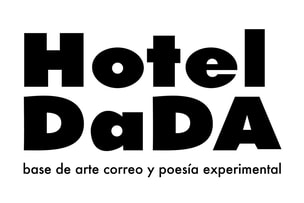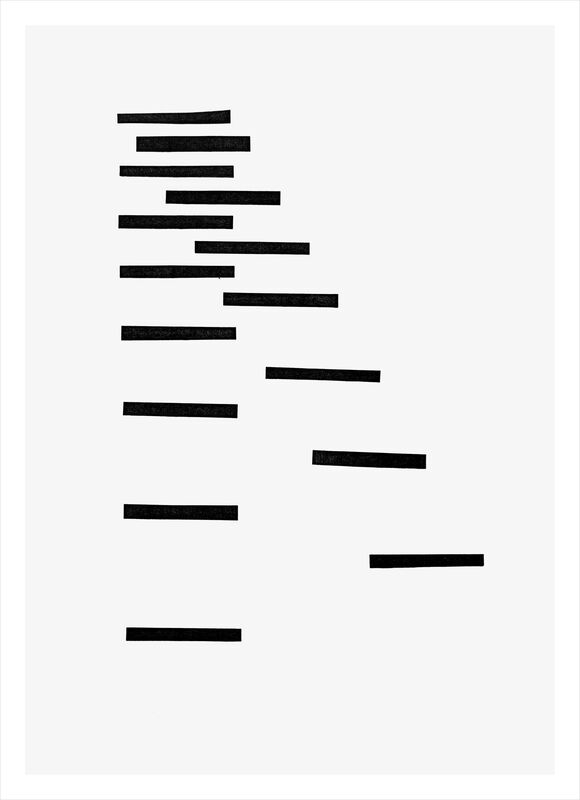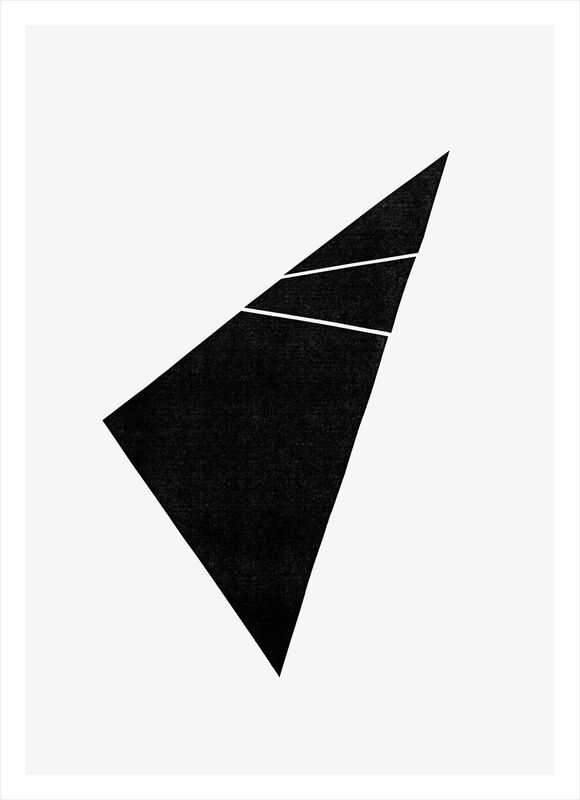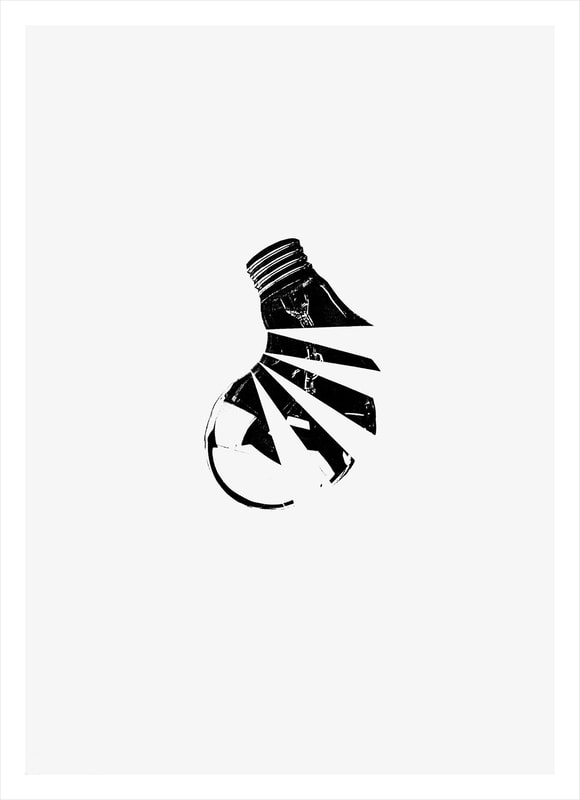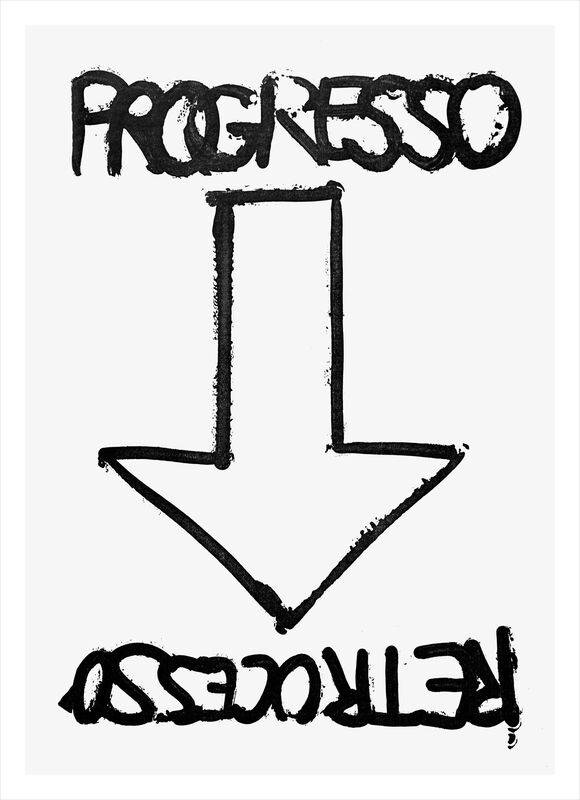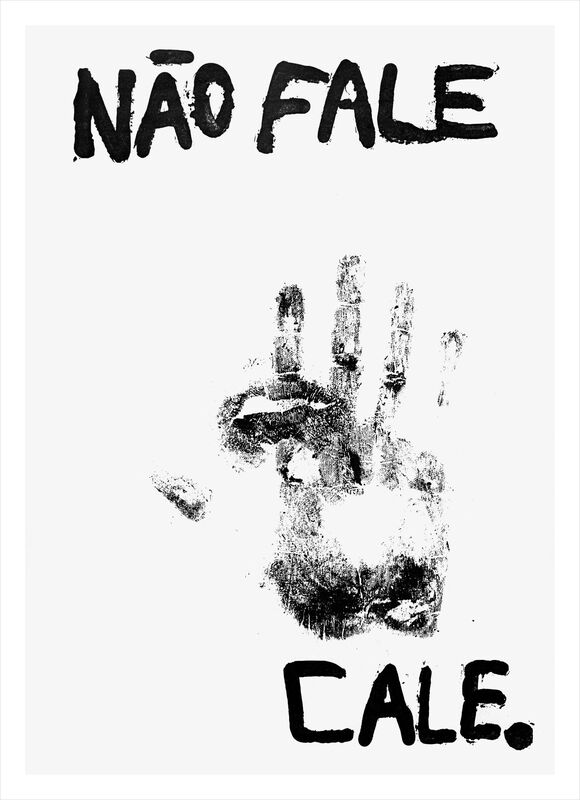JOSÉ RUFINO
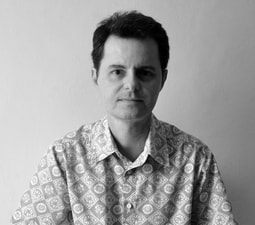
Nació en João Pessoa, Brasil, en 1965. Doctor en Geociencias, encontró en las artes visuales su vasto campo de trabajo. Es profesor en el Departamento de Artes Visuales de la Universidad Federal de Paraíba. Su carrera comenzó en 1984, pasando de la poesía a la poesía visual y el arte postal, luego al dibujo, la pintura, la escultura y, finalmente, a las grandes instalaciones que caracterizan su trabajo. Su poética trata sobre las relaciones entre lo íntimo y lo público, la tradición y la ruptura, la memoria y el olvido, la opresión y los oprimidos. Ha participado en más de 300 exposiciones entre individuales y colectivas, en Brasil y países como Argentina, Venezuela, Costa Rica, Cuba, México, Estados Unidos, Portugal, España, Francia, Alemania, Rumania, Italia, Hungría, Grecia y Turquía. Entre los premios que recibió están: Premio Mário Pedrosa (artista contemporáneo), de la Asociación Brasileña de Críticos de Arte; ¡Premio Bravo Prime! de Cultura; Funarte Literary Creation Fellowship, Vitae Fellowship y Brasília Prize for Visual Arts. En 2016, fundó la Usina de Arte, un complejo cultural en una antigua fábrica de azúcar y alcohol en Pernambuco, donde es artista, articulador y curador. Su esfuerzo se ha dirigido hacia acciones artísticas que suceden de manera porosa e interdigitalizada con las comunidades. La descolonización, la deshierarquización, la transpedagogía y la relación entre las demandas simbólicas (poéticas) y socioecológicas guían su trabajo como artista y curador.
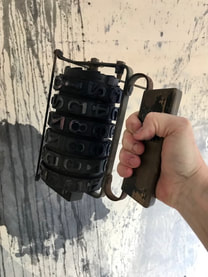
JOSÉ RUFINO
He was born in João Pessoa, Brazil, in 1965. A PhD in Geosciences, he found his vast field of work in the visual arts. He is a professor in the Department of Visual Arts at the Federal University of Paraíba. His career began in 1984, moving from poetry to visual poetry and postal art, then to drawing, painting, sculpture, and finally to the large installations that characterize his work. His poetics deals with the relationships between the intimate and the public, tradition and rupture, memory and oblivion, oppression and the oppressed. He has participated in more than 300 solo and group exhibitions in Brazil and countries such as Argentina, Venezuela, Costa Rica, Cuba, Mexico, the United States, Portugal, Spain, France, Germany, Romania, Italy, Hungary, Greece and Turkey. Among the awards he received are: Mário Pedrosa Award (contemporary artist), from the Brazilian Association of Art Critics; Bravo Prime Award! of Culture; Funarte Literary Creation Fellowship, Vitae Fellowship and Brasília Prize for Visual Arts. In 2016, he founded the Usina de Arte, a cultural complex in a former sugar and alcohol factory in Pernambuco, where he is an artist, articulator, and curator. His effort has been directed towards artistic actions that take place in a porous and interdigitalized way with the communities. Decolonization, dehierarchization, transpedagogy and the relationship between symbolic (poetic) and socio-ecological demands guide his work as an artist and curator.
He was born in João Pessoa, Brazil, in 1965. A PhD in Geosciences, he found his vast field of work in the visual arts. He is a professor in the Department of Visual Arts at the Federal University of Paraíba. His career began in 1984, moving from poetry to visual poetry and postal art, then to drawing, painting, sculpture, and finally to the large installations that characterize his work. His poetics deals with the relationships between the intimate and the public, tradition and rupture, memory and oblivion, oppression and the oppressed. He has participated in more than 300 solo and group exhibitions in Brazil and countries such as Argentina, Venezuela, Costa Rica, Cuba, Mexico, the United States, Portugal, Spain, France, Germany, Romania, Italy, Hungary, Greece and Turkey. Among the awards he received are: Mário Pedrosa Award (contemporary artist), from the Brazilian Association of Art Critics; Bravo Prime Award! of Culture; Funarte Literary Creation Fellowship, Vitae Fellowship and Brasília Prize for Visual Arts. In 2016, he founded the Usina de Arte, a cultural complex in a former sugar and alcohol factory in Pernambuco, where he is an artist, articulator, and curator. His effort has been directed towards artistic actions that take place in a porous and interdigitalized way with the communities. Decolonization, dehierarchization, transpedagogy and the relationship between symbolic (poetic) and socio-ecological demands guide his work as an artist and curator.
